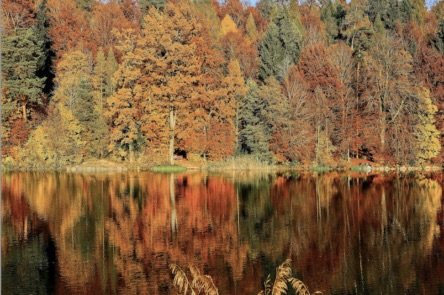Why Less Really is More
CONSERVATION
The best way to protect natural resources is to conserve energy and water. The cheapest unit of electrical power is the one we don’t need to generate at all. So conservation should be our number one priority. Think of it as our first, best fuel. We can all generate it.
What’s new?
Explore our spotlight topics
It’s about time to put a new spin on our energy use.
Why shifting energy use to off-peak hours is a smart move for your wallet and the planet.
Homegrown energy empowers resilient communities.
The power to change our energy future? It starts at home. "Homegrown energy" is transforming how communities generate, store, and utilize power.
Help seal the deal on a cleaner energy future.
While the challenges facing our planet are significant, the solutions are within our reach, starting with our everyday actions.
Not all footprints will melt away.
We all have a role to play in reducing our carbon footprints and a great starting point is improving energy efficiency at home.
Investing in your future has never been cooler.
Harness the power of strategically planted trees, which act as nature’s air conditioners, keeping your home cooler in the summer and reducing your reliance on AC.
Cold water washing can keep these colors bright.
The brilliance of fall foliage now appears to be the latest casualty of climate change. We can all do our part to protect fall colors by taking steps to reduce our energy use.
Old windows are destroying the view.
Replacing old windows conserves energy, reduces your carbon footprint and saves money on your energy bills.
The transition to cleaner energy can help
spare their heirs.
With the increasing frequency of climate-related disasters, our children are growing up in a changing world. This is a growing concern for 92% of Americans.
Light bulbs are
melting this glacier.
Glaciers in Antarctica and the Greenland ice sheet are melting faster than scientists had predicted.
Light bulbs can
brighten our outlook.
Solar panels and wind turbines get a lot of attention these days, but a more basic medium is also helping reshape the energy economy: The simple light bulb.
Lower your carbon footprint with these simple tips.
Our planet can’t be saved by small changes alone but taking steps to reduce our individual carbon footprints may help.
White paint can keep the forest green.
Light-colored roofs reflect more sunlight and absorb less heat than dark-colored roofs so they keep buildings cooler.
Invest in the future of our planet.
Find out how businesses, countries, cities, entrepreneurs and individuals are investing in our planet’s future.
What do you know
about conservation?
Take our quiz to put
your knowledge to the test.




















